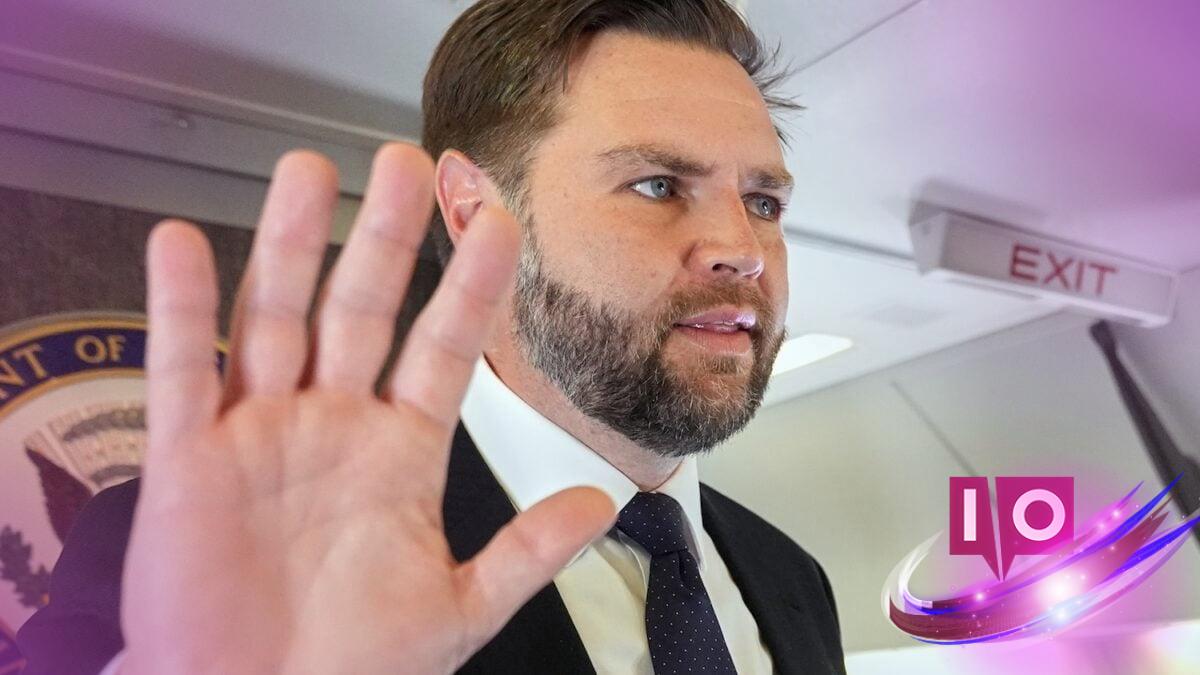As Artificial Intelligence continues to evolve, it’s hard to ignore its implications on various aspects of life. Recently, Vice President JD Vance ignited a debate by criticizing OpenAI’s decision to permit adult users to generate erotica using ChatGPT. This seemingly controversial stance highlights a rift in the Republican approach towards regulating AI. While many Republicans advocate for minimal intervention, they appear to draw the line at sexual content.
JD Vance’s comments during an appearance on Newsmax’s “The Record with Greta Van Susteren” shed light on this issue. He stated, “Artificial intelligence is still in many cases very dumb… Is it good or is it bad, or is it going to help us or going to hurt us? The answer is probably both.” This recognition of AI’s dual nature indicates a nuanced understanding, which goes beyond mere regulation.
1. What Are the Implications of AI in Erotica?
Vance expressed genuine concern about AI being used to create “weird porn,” highlighting the darker sides of technology. He mentioned, “If it’s helping us come up with increasingly weird porn, that’s bad.” But what about the broader implications of AI in adult entertainment? One must ask: Are we promoting healthy interactions or simply opening doors to unhealthy dependencies?
2. Why Aren’t Politicians Concerned About Other Risks?
Interestingly, while there’s clear alarm over sexual content, issues like misinformation and environmental impact rarely draw the same level of concern from GOP leaders. For instance, Ted Cruz has been a vocal advocate for looser regulations surrounding AI tech, focusing instead on economic growth over ethical concerns.
3. How Has OpenAI Responded to Criticism?
OpenAI has faced scrutiny for its developments in the adult sector. After Vance’s remarks, the company was contacted by Gizmodo but did not respond. However, Sam Altman attempted to downplay the erotica announcement as just a minor flexibility for adult users. This begs the question: Are these features genuinely advancing society, or could they introduce unforeseen challenges?
4. Are Current AI Regulations Adequate?
With the Trump administration’s AI Action Plan aimed at removing regulatory barriers, there’s growing concern about the implications of unrestricted AI development. In a landscape where entrepreneurs like Elon Musk boast about “guardrail-free” AI, one wonders how these choices will affect societal norms.
5. How Do Cultural Perspectives Shape AI Regulation?
The Republican party’s mixed signals about AI regulation present a fascinating cultural paradox. While advocating for innovation, there’s also an evident desire to regulate moral standards, particularly regarding sexual content. This raises a thought-provoking question about how cultural values shape tech legislation.
Is it possible that regulating AI could actually stifle innovation? Critics argue that excessive regulation might hinder the potential benefits AI could bring. However, a balance needs to be struck between fostering development and protecting societal values.
In conclusion, the debate surrounding AI, particularly in adult content, is far from straightforward. As technology continues to advance, ongoing discussions around ethics, regulation, and societal impact will undoubtedly shape the future of artificial intelligence. For more insights and updates on this topic, consider exploring more on Moyens I/O.
